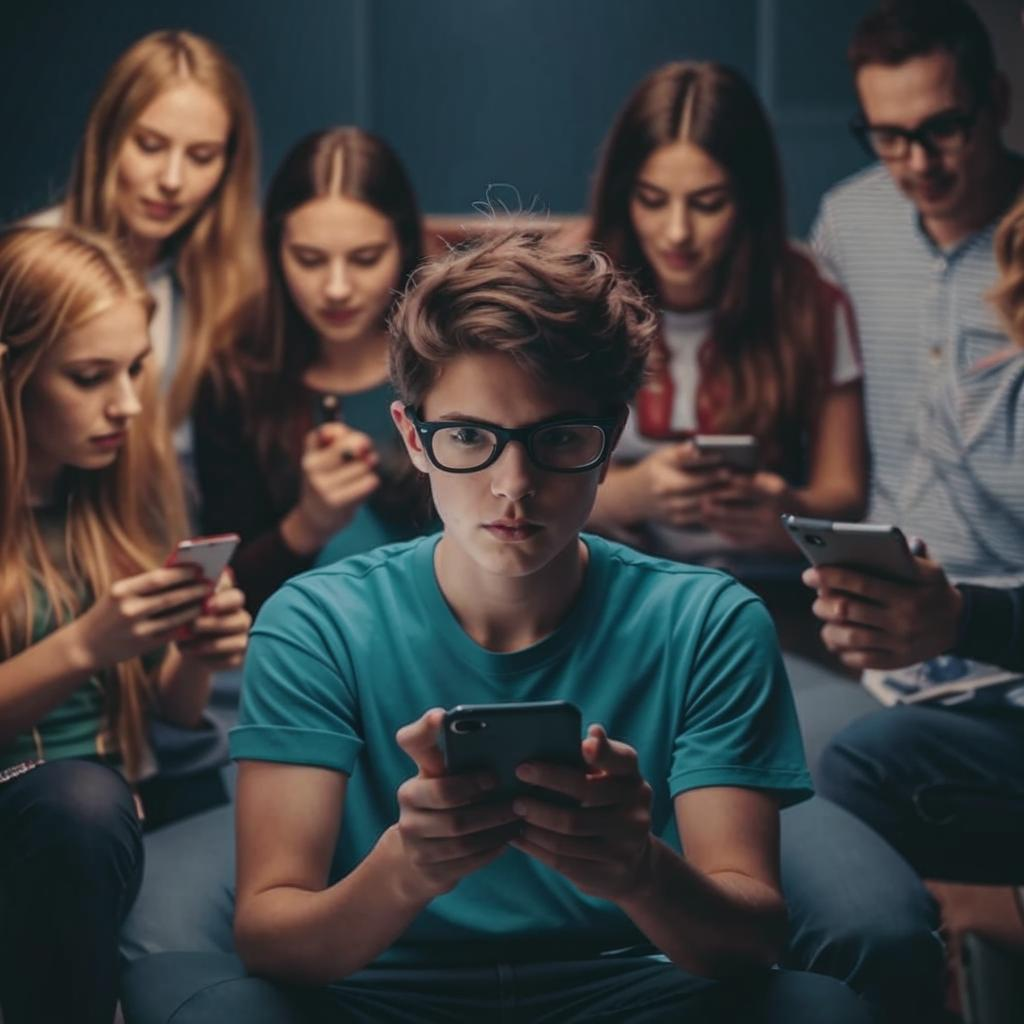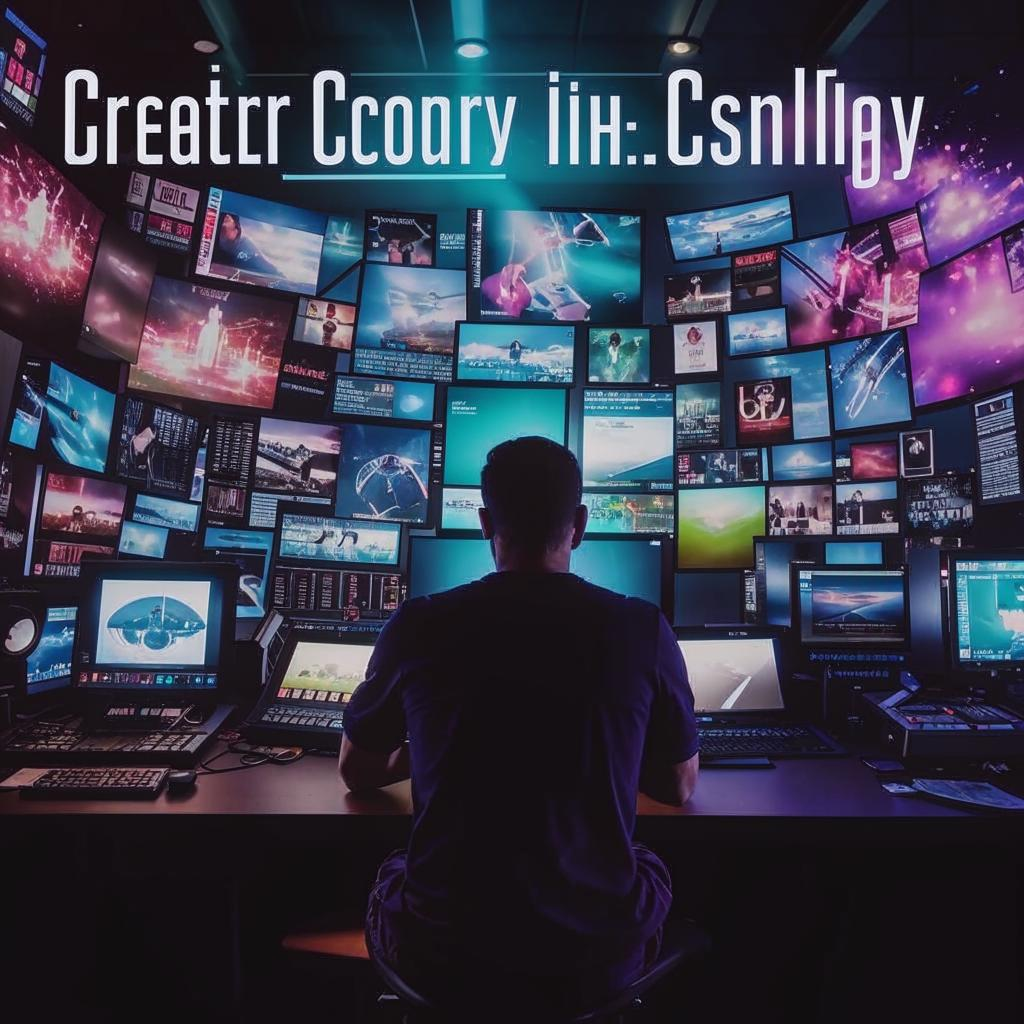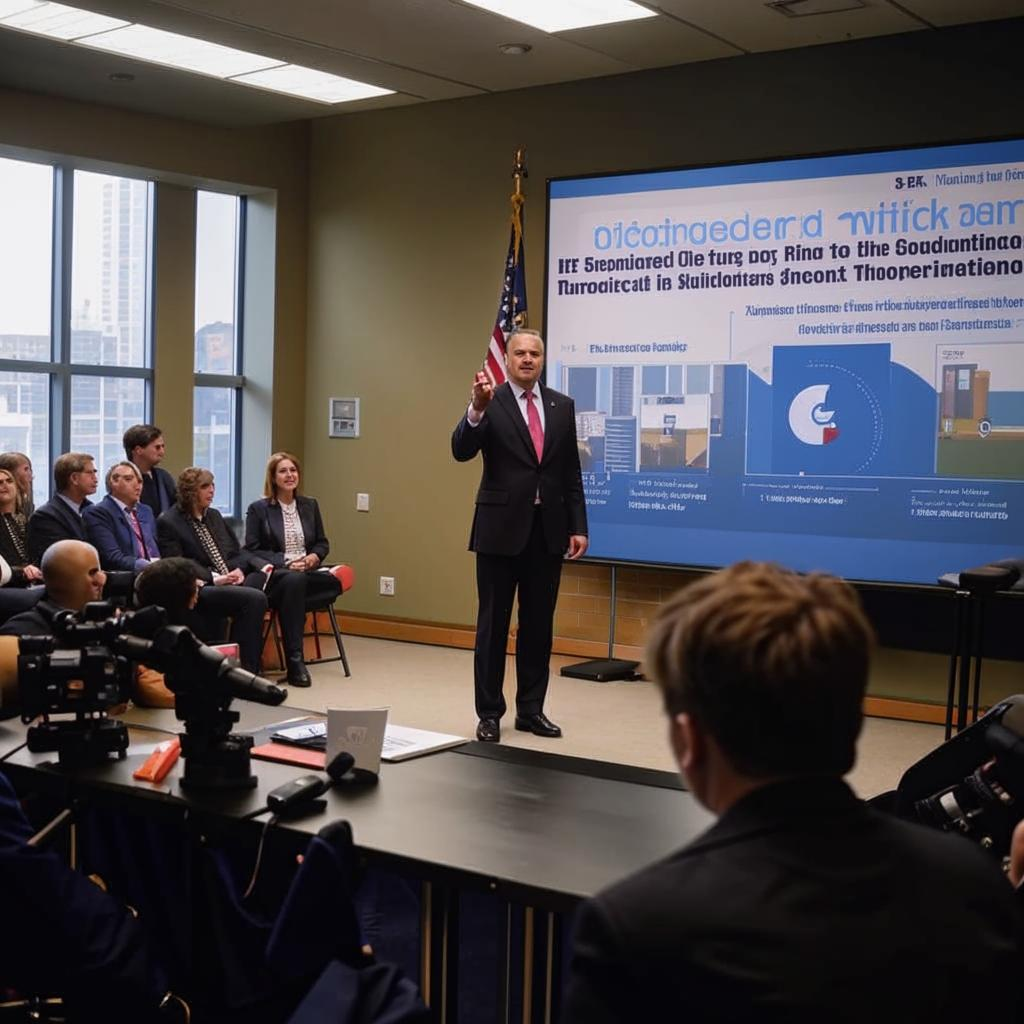The pervasive influence of social media on mental health is now undeniable, sparking considerable debate and research. While platforms like Instagram, TikTok, and Facebook offer opportunities for connection and community, they also present significant risks, particularly for younger users. Studies increasingly link heavy social media use to heightened anxiety, depression, and body image issues.
The curated nature of online content often fosters unrealistic comparisons and feelings of inadequacy. Cyberbullying, a pervasive problem on social media, can have devastating consequences for victims’ mental wellbeing. The constant stream of information and notifications can lead to information overload and a sense of being overwhelmed, contributing to stress and sleep disturbances.
However, the relationship between social media and mental health is not solely negative. These platforms can provide valuable support networks for individuals facing challenges and can be powerful tools for raising awareness about mental health issues. Many organizations and advocates use social media to share resources, promote positive mental health practices, and reduce stigma.
Finding a healthy balance and practicing mindful social media use is crucial. Setting boundaries, limiting screen time, and critically evaluating online content are essential steps in mitigating the potential negative impacts of social media on mental wellbeing. Furthermore, research continues to explore the complex interplay between social media and mental health, aiming to develop effective strategies for promoting online wellbeing and mitigating risks. Understanding this intricate connection is crucial in our increasingly digital world.














